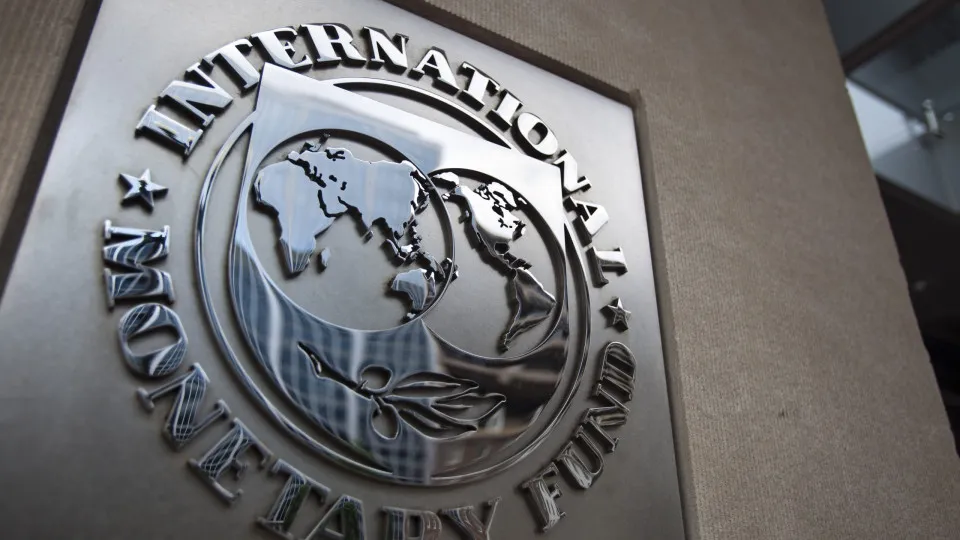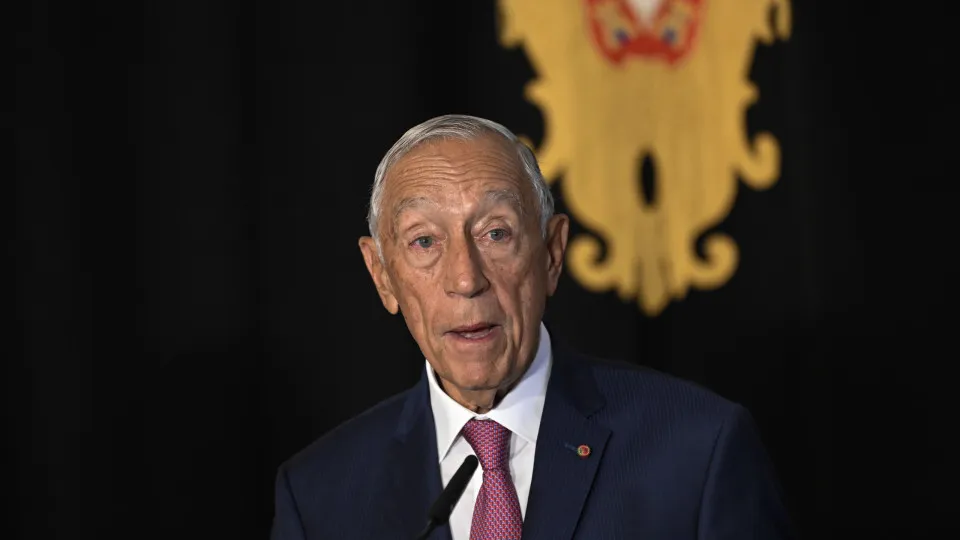
Guinea-Bissau has been benefiting from an extended credit facility agreement with the IMF since January 2023, subject to periodic reviews for the disbursement of segments of the nearly 79 million dollars (67.5 million euros) agreed upon.
To access an additional 3.2 million dollars (2.7 million euros), which would increase the disbursed amount to 51.3 million dollars (43.8 million euros), Guinea-Bissau must meet certain conditions agreed upon with the IMF as part of the new review of the agreement, the Fund announced today.
An IMF team led by Niko Hobdari, chief of Mission for Guinea-Bissau, held meetings in Bissau from September 23 to October 3, 2025, to discuss macroeconomic policies in the context of the ninth review of the agreement.
According to the financial institution, Guinea-Bissau agreed to the conditions for the provision of another loan tranche, which is now contingent on the implementation of the agreed prior actions and subject to IMF Board and Executive Board considerations.
The IMF team’s conclusions, released in a statement, indicate that Guinean authorities have “committed to a corrective measure package to reduce the deficit to 4.2% of GDP in 2025.”
The forecasts project that the country will conclude 2025 with an economic growth of 5.5% and inflation dropping to 2%.
The IMF attributes the economic growth to “strong cashew nut production and improved terms of trade,” alongside “strong private consumption and investment.”
However, the analysis points out that the deficit “is expected to be larger than anticipated, reflecting a decline in revenues.”
The country’s performance is described as “mixed,” with fulfillment of seven out of ten Quantitative Performance Criteria (QPC) by June 2025.
According to the Fund, Guinea-Bissau missed the wage bill criterion “by a small margin,” and also violated the zero ceiling for unauthorized expenditures (DNT) and the criterion on other common expenditures.
“Nevertheless, the authorities continue to make progress regarding structural benchmarks, albeit with some delays,” the statement notes.
The IMF acknowledges that “the 2025 budget faces significant pressures due to lower-than-expected revenues” and the soaring first-half expenditures.
“In this context, the authorities are committed to implementing a set of corrective budgetary measures to achieve the revised deficit target of 4.2% of GDP (Gross Domestic Product) in 2025,” it states.
The statement adds that the Guinean government plans to “introduce new measures to increase domestic revenue mobilization and strengthen spending controls in 2026, aiming for a fiscal deficit target of 3.5% of GDP.”
The IMF specifies that necessary structural reforms must include improvements in “governance and anti-corruption measures, efforts to invest in infrastructure, and ensuring reserve power supply.”
In fiscal matters, it argues that “authorities must streamline tax exemptions, accelerate tax administration reforms, and strengthen the implementation of the new Value Added Tax to create fiscal space for much-needed development spending.”
To ensure budget sustainability, the IMF considers that “managing fiscal risks from public enterprises and the banking sector, and seeking highly concessional grants and loans, will be essential.”




